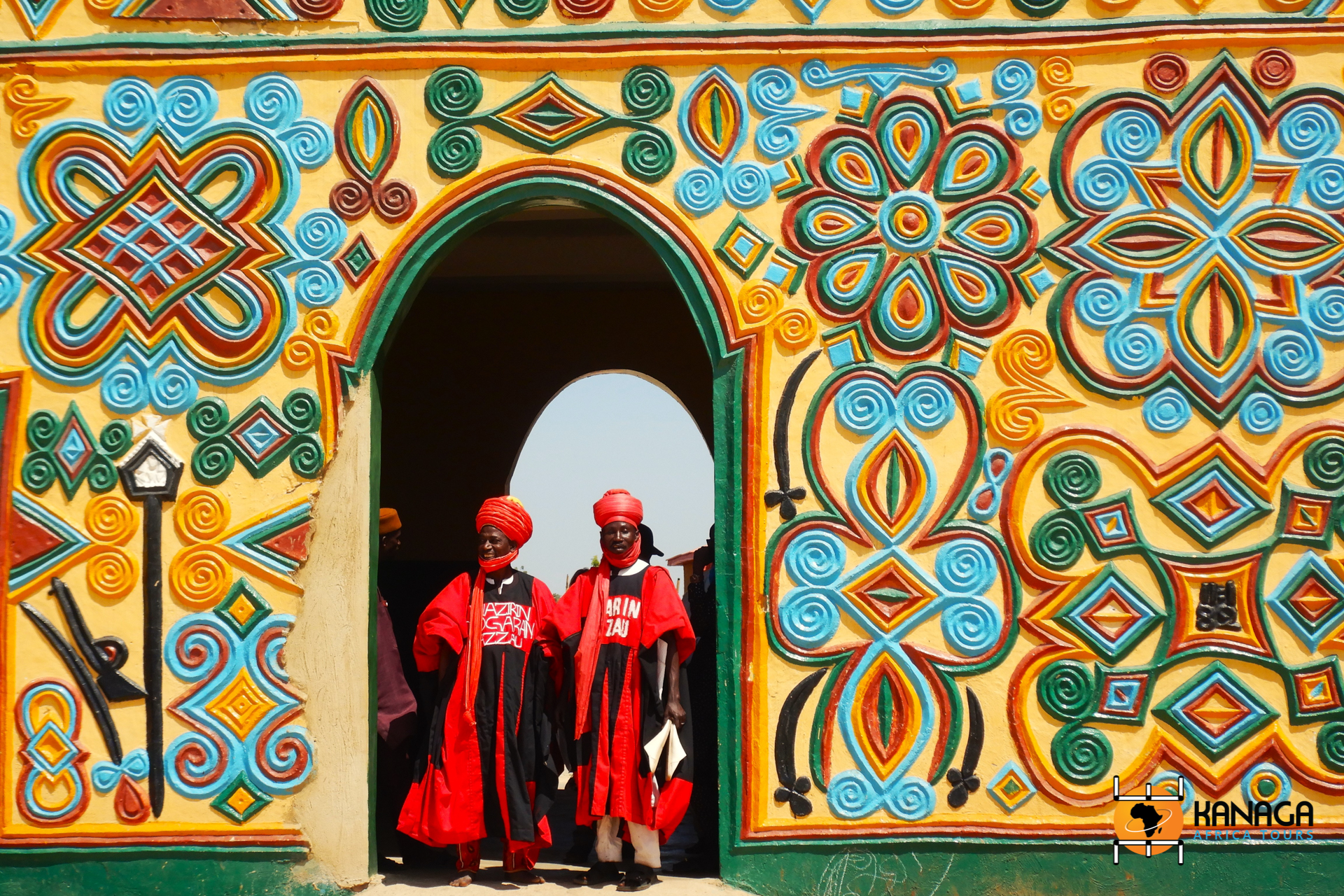The north of Nigeria, until recently practically inaccessible for security reasons, is cautiously reopening to international tourism, revealing itself in all its cultural richness, made up of ancient traditions and eccentric courts of Fulani Theocrats and Hausa emirs, in an evocative ‘African feudalism’ and ‘Arabian Nights’ atmospheres.
An ancient and among the most complex history of the continent, characterised by continuous power games between the Fulani and Hausa emirates, heirs to the rich and powerful Caliphate of Sokoto, from the Jihad days of Dan Fodio.
We are among the most remote and inaccessible, but also among the most powerful, regions in northern Nigeria. Between the Emiratis of Kano, Kaduna, Jigawa, Bauchi, the Courts of Zaria and Dutse, amidst settings that almost resemble a film set: characteristic royal palaces with complex traditional Hausa geometries; rich court ceremonials and sumptuous parades riding the Durbar; processions of courtiers with their turbans and ample boubou, , with intense colours and rich embroidery; throngs of horses harnessed in their finest vestments, to pay homage to rulers and guests, during Muslim celebrations or on special occasions.
Not to be missed are the shows of the Gadawan Kura acrobat-soldiers, known as ‘hyena men’, admired and feared by the local population for their magical powers, who train hyenas, pythons and baboons, staging frenzied rituals where mothers ‘feed’ their newborn babies to hyenas, to mystically protect them and make them stronger.
Characteristic are the lively street boxing matches, a traditional sport of the Hausa, called dambe, and the ceremony sharo of the Fulani, a rite of passage to adulthood, in which young men must prove their virility and courage by undergoing flogging.






